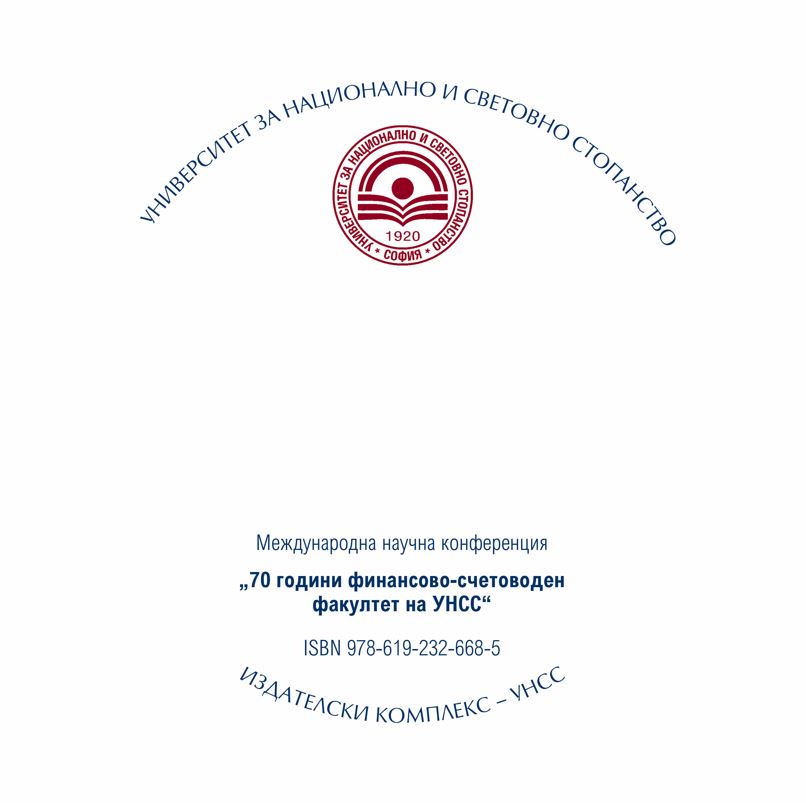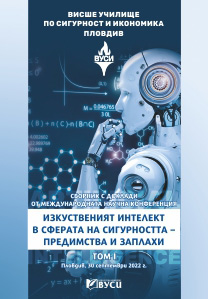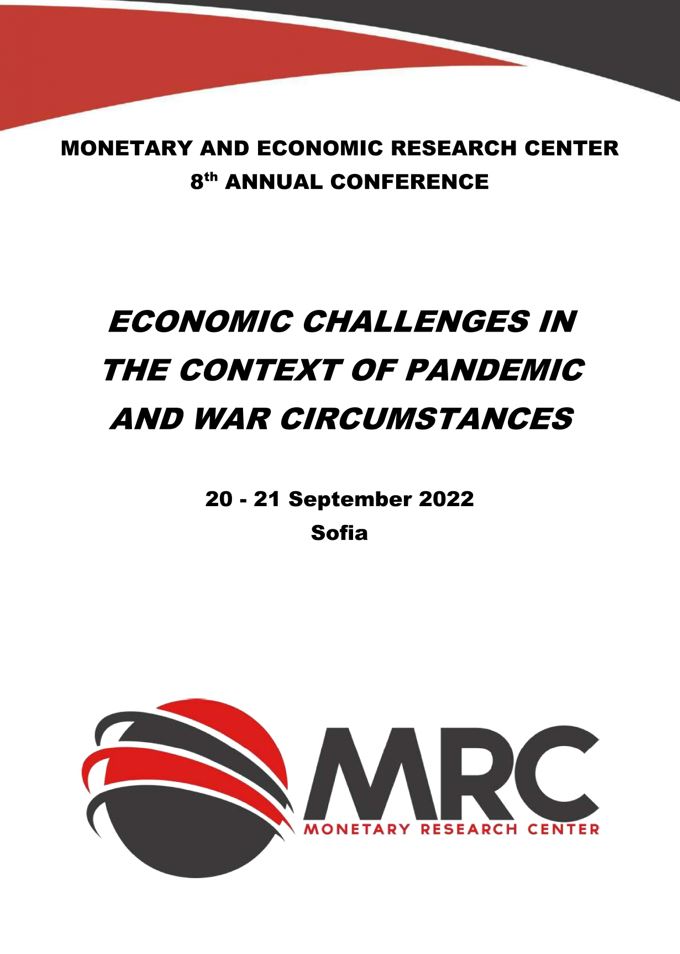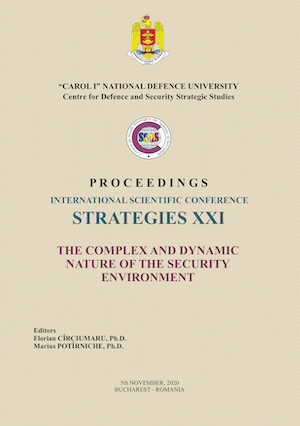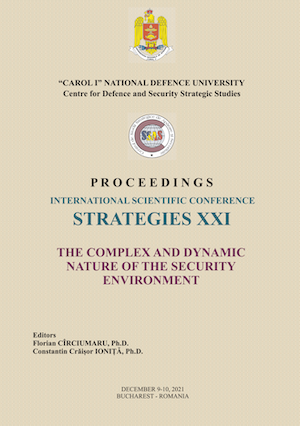Author(s): Adina Mihăescu,BULGARIU Elena-Iuliana / Language(s): English
Publication Year: 0
Throughout time, the political, cultural, economic revolutions, the innovations - the evolution in general - are based on the capacity shown by the societies, and by the system in their ensemble, to absorb the shocks and, even more than that, to evolve and to improve themselves as a result. If the resilience is referred to the ability to face and to resist the unfavorable situations that have risen, the antifragility requires, also, a fast accommodation which, inevitably, brings progress together with it. Anticipating the evolutions and the fast transformations which appeared within the markets, or the various industries, represents challenges that the companies’ managers find harder and harder to manage. Starting from certain given situations, formulating the (short, middle and long-term) strategies represents a major step on which the survival of the company itself depends.More than ever, the economic environment, which is continuously changing and globalizing, needs precise and updated information, their analysis and pertinent predictions, and this, mainly, the task carried out by the Competitive Intelligence field.This article aims at transposing the concept of antifragility within the economic environment, directly connected with the field of business information and to relate these systemic concepts, highlighting how they can bring additional value and help decreasing the risks and bringing to a sustainable economic progress.
More...
